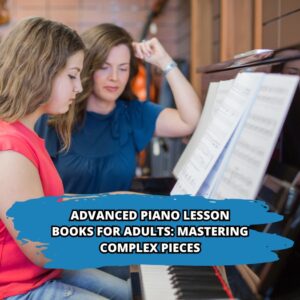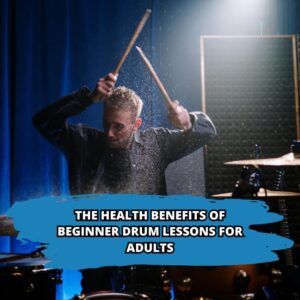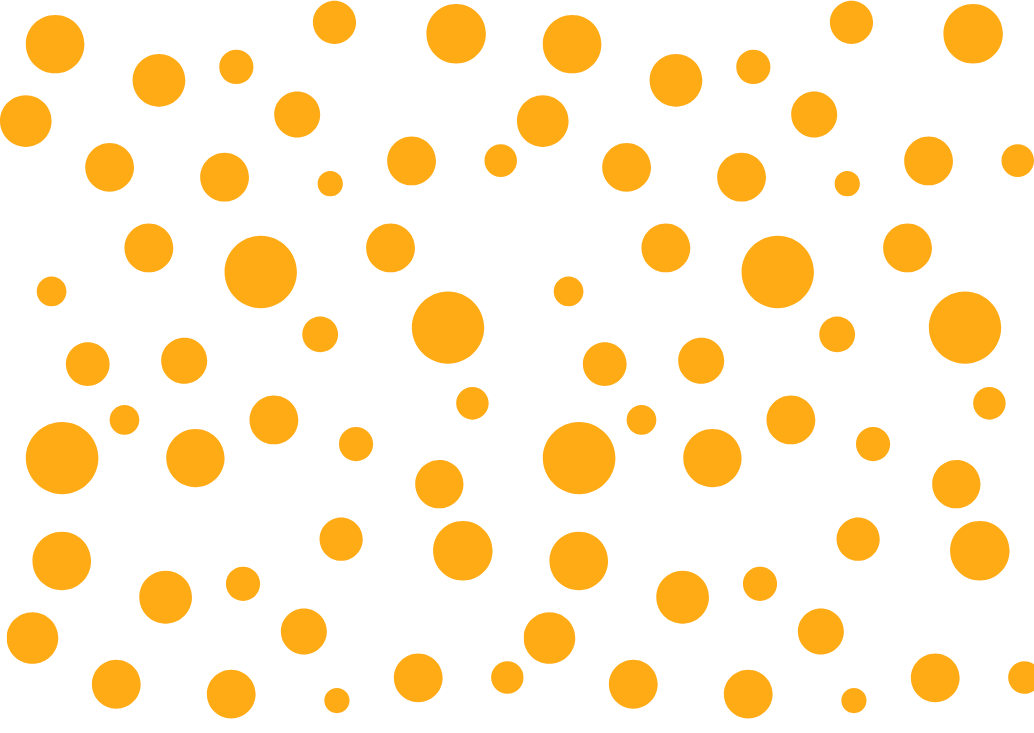We’ve all heard stories about children and adults with autism who are extraordinarily gifted in some way. It turns out that there may be a genetic explanation for this. Recent research has demonstrated a genetic link between confirmed child prodigies and autism. While research is continuing to uncover answers about this relationship, it provides some evidence of what we’ve suspected all along, from our own experiences. Many autistic children have extraordinary talents waiting to be uncovered.
Child prodigies demonstrate exceptional skills at a very tender age. These skills are often concentrated in mathematics, science, art, or music. Music is the most commonly reported, because it is the easiest to detect. It is more difficult to discover a knack for theoretical mathematics in a two year old than it is to notice an uncanny sense of rhythm. Because of the challenges presented by raising a child on the autism spectrum, some parents might not notice such gifts. Nonetheless, opportunities should be provided to tease out any of these latent talents as young as possible.
For example, at our music school, one dad noticed his four-year-old autistic child seemed interested in music because he would play around on the piano at home for hours. He brought his child in for lessons, and the youngster was soon singing and playing Beatles songs with both hands and full chords within months.The student had extraordinary talent with the piano and music in general. He became so good, so fast, that we made an exception to let him into our summer Rock Camp with the older kids.
It’s very fortunate that his parents had a piano, took note of his interest and provided their child an opportunity to take music lessons. For prodigal skills in music to develop to their fullest potential, early detection is vital. Studies have shown that when a child begins musical training at a young age, the parts of their brain that enhance their musical appreciation and abilities will be larger than children who start later or those that are not musically gifted.
Even past the page of seven, children can still be extraordinarily talented in music. With dedication, persistence and longevity, these skills can flourish and even exceed someone with more innate talent. Even for gifted children, these traits are essential for long-term success. Plus, music lessons aren’t just about talent, they provide a number of benefits for the brain, regardless of the child’s age.
Prodigal or not, many autistic children benefit from hearing, learning and playing music. In fact, music lessons are known to increase brain fibre connections in all children. Many more demonstrate uncanny knack for their chosen instruments. We don’t need a label of “prodigy” to see these extraordinary talents come to light. With encouraging parents and the right music teacher, amazing things can happen.
If you have a child with autism, consider putting them in music lessons. If nothing else, you’ll offer them a chance to grow and explore the world around them, but you might just uncover a talent you didn’t know they had.
Source: Ruthsatz J, Petrill SA, Li N. Molecular Genetic Evidence for Shared Etiology of Autism and Prodigy. Human Heredity. 2015.









